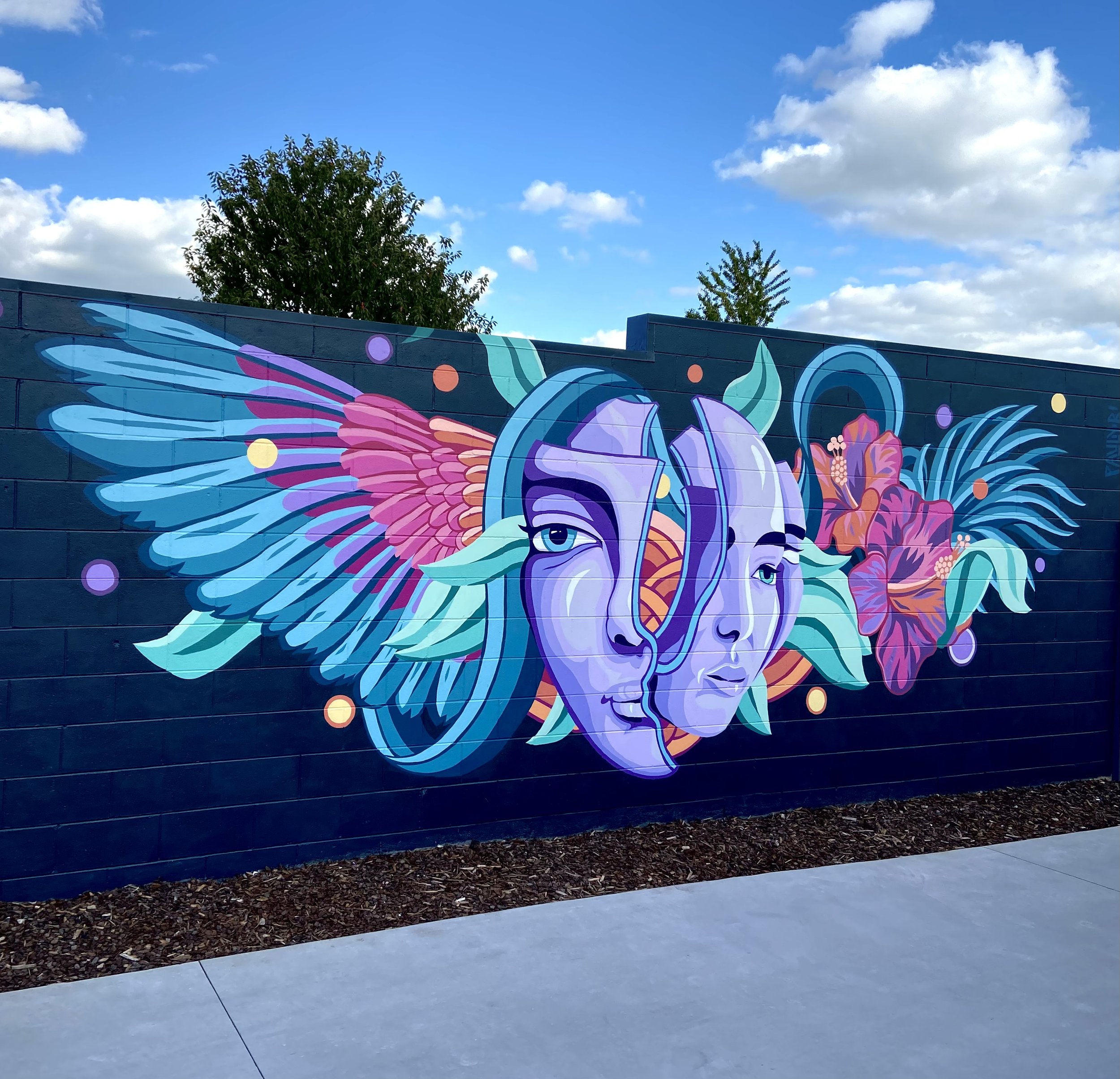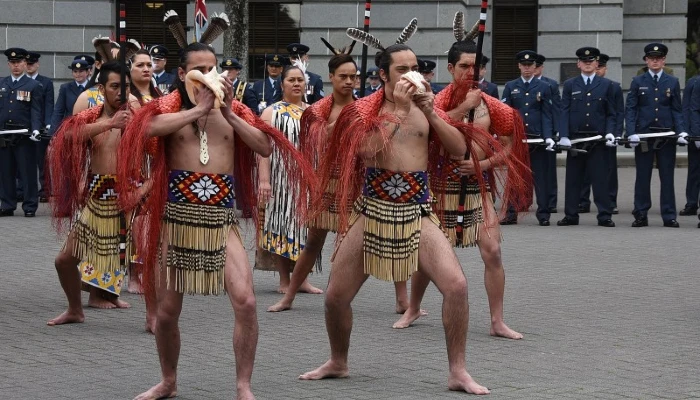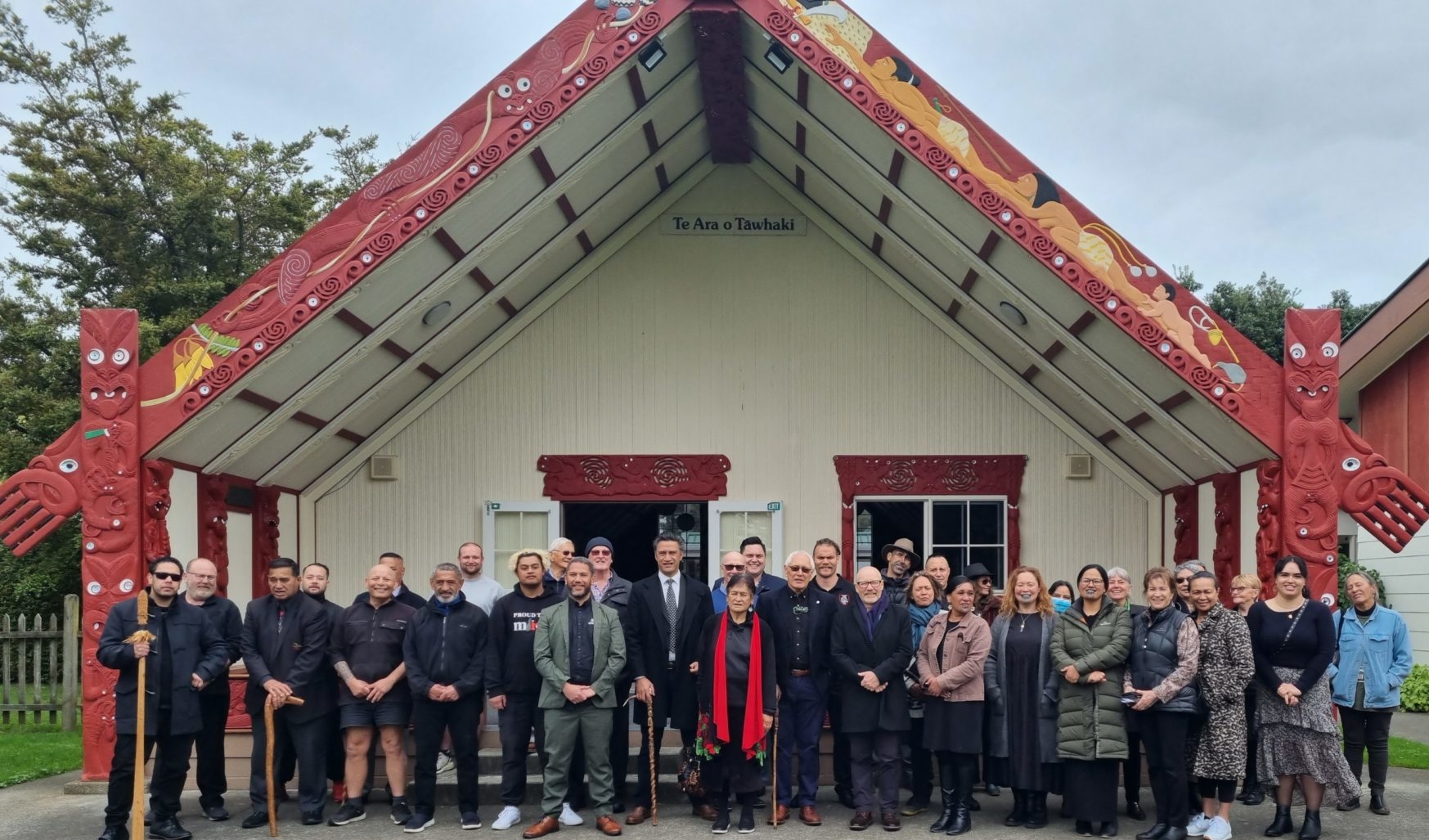Introduction: Aotearoa's Culinary and Musical Soul
Auckland, New Zealand, is a city where ancient traditions meet modern innovation. This is especially evident in its vibrant food and music scenes. The indigenous Maori culture, with its rich history and unique culinary practices, is increasingly finding common ground with the contemporary sounds of Auckland hip-hop. This fusion creates a dynamic and exciting cultural landscape, where the flavors of 'kai' (food) and the rhythm of beats intertwine.
This blog post explores how Maori cuisine, particularly the traditional cooking method of 'hangi,' is being reinterpreted and celebrated alongside the rise of Auckland hip-hop. We'll delve into the stories of chefs, artists, and communities who are blending these two seemingly disparate worlds, creating a unique and authentic Aotearoa experience.
From innovative restaurants serving modern takes on classic Maori dishes to hip-hop artists incorporating traditional instruments and themes into their music, the cultural remix is in full swing. Join us as we uncover the delicious and harmonious blend of 'hangi' and hip-hop in Auckland.

The Hangi: An Earth Oven Tradition
The 'hangi' is a traditional Maori cooking method that involves burying food in an underground oven. Stones are heated by fire, then covered with vegetation to create steam. Food, typically consisting of meats like pork and chicken, root vegetables like kumara (sweet potato) and potatoes, and other vegetables, is then placed on top and covered with earth to trap the heat and steam. The food cooks slowly over several hours, resulting in a smoky, earthy flavor that is unique to the hangi.
The hangi is more than just a cooking method; it's a communal event that brings people together. Preparing a hangi requires teamwork and collaboration, and the resulting feast is often shared among family and friends. It's a celebration of Maori culture and a way to connect with the land and ancestors.
While traditionally reserved for special occasions, the hangi is experiencing a resurgence in popularity, with modern chefs finding innovative ways to incorporate it into their menus. This ensures the preservation and evolution of this important culinary tradition.

Auckland Hip-Hop: A Voice for the Urban Maori
Auckland's hip-hop scene is a powerful force, reflecting the experiences and aspirations of its diverse communities, including the urban Maori population. Artists use their music to tell stories of identity, struggle, and resilience, often incorporating elements of Maori language and culture into their lyrics and beats.
Hip-hop provides a platform for young Maori to express themselves and connect with their heritage. It's a way to reclaim their identity in a modern world and to challenge stereotypes. Many artists actively promote Maori language and culture through their music, helping to keep these traditions alive for future generations.
The themes explored in Auckland hip-hop often resonate with the challenges faced by Maori communities, such as social inequality, cultural preservation, and the importance of family and community. This makes the music both relevant and empowering for its listeners.

The Fusion: Where Kai Meets Beats
The intersection of Maori 'kai' and Auckland hip-hop is creating exciting new cultural expressions. Chefs are drawing inspiration from traditional Maori ingredients and cooking methods to create innovative dishes that appeal to a modern palate. At the same time, hip-hop artists are incorporating themes of food, family, and community into their music, celebrating the importance of 'kai' in Maori culture.
Restaurants like Hiakai are at the forefront of this culinary movement, showcasing indigenous ingredients and traditional cooking techniques in a fine-dining setting. These establishments offer a unique dining experience that celebrates Maori culture and provides a platform for Maori chefs to showcase their talents.
Furthermore, community events and festivals are increasingly incorporating both Maori food and hip-hop music, creating spaces where people can come together to celebrate their culture and connect with one another. This fusion is helping to bridge the gap between generations and to promote a greater understanding and appreciation of Maori culture.
Examples of the Cultural Remix
Several specific examples illustrate the exciting fusion of Maori 'kai' and Auckland hip-hop:
- Chefs using traditional ingredients: Many Auckland chefs are incorporating ingredients like horopito (a native pepper), kawakawa (a native bush with medicinal properties), and kina (sea urchin) into their dishes, adding unique flavors and textures to their creations.
- Hip-hop artists sampling traditional sounds: Some artists are incorporating traditional Maori instruments like the putorino (a flute-like instrument) and the taonga pūoro (a collection of traditional Maori instruments) into their music, creating a distinctive sound that blends the old and the new.
- Community events celebrating both: Events like the Auckland Lantern Festival and Matariki celebrations often feature both Maori food stalls and hip-hop performances, creating a vibrant and inclusive atmosphere.
These examples demonstrate the growing recognition and appreciation of Maori culture within Auckland's wider community. The fusion of 'kai' and hip-hop is not just a trend; it's a reflection of a deeper cultural shift towards greater inclusivity and understanding.

The Future of Maori Kai and Auckland Beats
The future of Maori 'kai' and Auckland hip-hop looks bright. As more chefs and artists embrace their cultural heritage, we can expect to see even more innovative and exciting creations emerge. The fusion of these two worlds has the potential to not only enrich Auckland's cultural landscape but also to promote a greater understanding and appreciation of Maori culture both locally and internationally.
The continued support of Maori-owned businesses and initiatives will be crucial in ensuring the sustainability of this cultural movement. By supporting these businesses, we can help to empower Maori communities and to preserve their cultural heritage for future generations.
Ultimately, the remix of Maori 'kai' and Auckland beats is a testament to the resilience and creativity of the Maori people. It's a celebration of their culture and a reminder of the importance of preserving and sharing their traditions with the world.

So, go on, let the rhythm move you and the flavors inspire you – create your own delicious remix! Who said Auckland is boring? 😊
-JAFA
Comments
Post a Comment